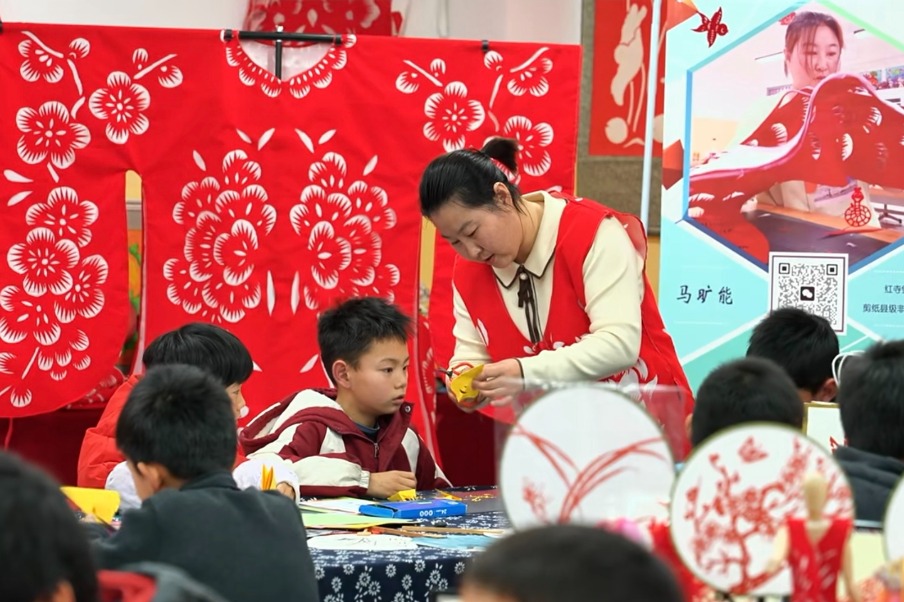Public 'nudged' away from single-use cutlery
Food delivery industry using innovative techniques to move in more environmentally friendly direction


Environmental threats
The rapid expansion of the country's takeout market, driven by the development of online payment technology and express delivery services, has contributed to a rise in the use of disposable products and waste accumulation.
A set of single-use cutlery typically includes a plastic fork, a plastic spoon, a pair of wooden chopsticks and a napkin.
"China is the world's largest producer and consumer of disposable tableware. The extensive use of such items not only depletes substantial resources but also generates nonbiodegradable solid waste pollution," said Zhou Kang, an assistant professor at the School of Economics at Zhejiang University.
Zhou said manufacturing single-use cutlery uses substantial quantities of petroleum and wood, and transportation-related vehicle emissions have exacerbated greenhouse gas emissions.
He added that the environmental consequences of waste disposal are particularly severe. Yet, the compact size of tableware has posed challenges to recycling, leading to landfill and incineration becoming the primary disposal methods.
"Given that they are petroleum-based products, their decomposition will yield micro-plastics, which subsequently contaminates water, threatens wildlife and compromises people's health," Zhou said.
However, Meng Qingjun, deputy secretary-general of the China Plastics Processing Industry Association, said that although the public is aware of the environmental consequences, plastic is irreplaceable in today's society.
"Regardless of environmental concerns, plastic is hygienic, waterproof, oil-resistant, convenient and cost-effective. It's the most economical material. In certain fields, the use of plastics is the natural and exclusive choice," Meng said.
"The majority of single-use plastic tableware producers are small and micro-enterprises, prioritizing small profit margins and rapid turnover, which leaves them with little incentive or impetus to develop more environmentally friendly alternatives."
- Stanford University economist praises progress in China's rural health system
- China's Red Cross boasts 3.5m registered volunteers and 34,000 service organizations
- Chinese gamer recreates Old Summer Palace in Minecraft
- Taiyuan ski resort reflects thriving ice-snow economy
- Lhasa's dancing yak mascots become online sensation
- China's postal services deliver 12.9% growth in Jan-Nov





































